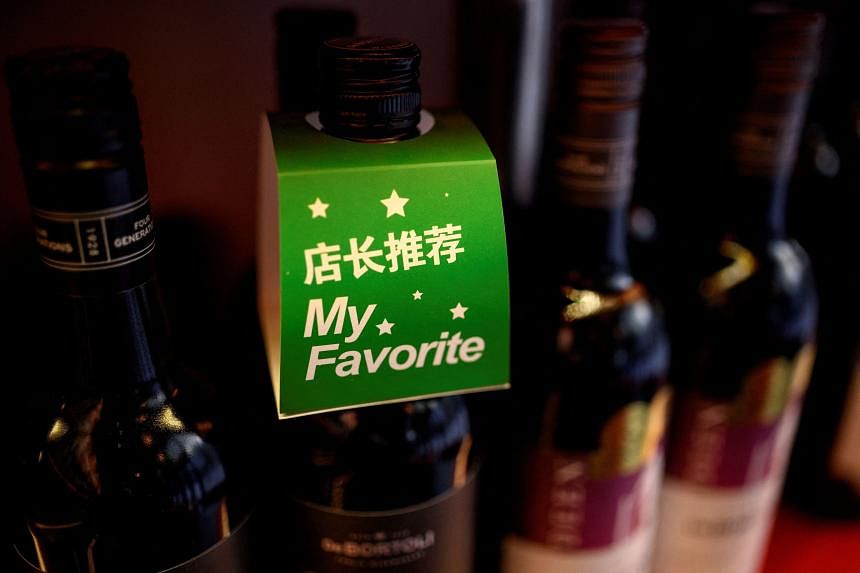BEIJING – China said on March 28 it would lift punitive tariffs on Australian wine, reopening a billion-dollar market as ties improve between the two countries after years of tension.
Canberra swiftly responded by dropping its case against Beijing at the World Trade Organisation, welcoming an end to sanctions that had plunged many Australian winemakers into crisis.
Duties were imposed on key Australian exports such as wine, barley and beef in 2020 after Canberra legislated against overseas influence, barred Chinese telecom giant Huawei from 5G contracts and called for a probe into the origins of the Covid-19 pandemic.
China was the largest destination for Australian bottled wine before the sanctions were imposed, accounting for 33 per cent of export revenue in 2020, data from the Australian government shows.
But trade restrictions have tapered since Australia’s centre-left government was elected in 2022 and adopted a less confrontational approach.
Beijing’s commerce ministry said the lifting of what it called “anti-dumping duties and anti-subsidy duties” on wines from Australia was due to “changes in the market situation of the relevant wines in China”.
They will be lifted on March 29, it said. Tariffs and barriers have already been removed from commodities, including Australian coal, timber and barley.
The foreign ministers of both countries also met in March in another sign that tensions were easing.
“The re-entry of Australian bottled wine into the Chinese market will benefit both Australian producers and Chinese consumers,” said Australian Prime Minister Anthony Albanese, Foreign Minister Penny Wong and Trade Minister Don Farrell in a statement on March 28.
“The removal of duties means that Australia will discontinue its legal proceedings at the World Trade Organisation,” they said.
Canberra will continue to lobby for the removal of remaining trade restrictions, including on rock lobsters and beef from some abattoirs, they said.
‘Positive step’
The tariffs added up to 200 per cent to the cost of Australian wine shipped to China and effectively halted trade worth US$1 billion (S$1.35 billion) a year.
Australian winemakers responded by turning to other Asian markets, including Hong Kong and Thailand.
Melbourne-based Treasury Wine Estates chief executive Tim Ford said the announcement was a positive step for the Australian wine industry and wine consumers in China.
He said the company, which owns luxury wine brand Penfolds, looked forward to re-establishing its foothold in the China market.
And in Beijing, wine shop owner Yang Jie told AFP he welcomed the “good news”. Australian red wines had previously been his “main product” due to its popularity with Chinese drinkers, he said.
“But they have been out of stock for a year or two,” he said. “After the opening, we can put these red wines back on the shelves.”
Beijing said, following the move, it was “willing to continue to strengthen dialogue and cooperation with Australia”. But, while bilateral trade has made some recovery, the two countries remain at odds in strategic areas.
Australia expressed “outrage” in February after Beijing handed a suspended death sentence to Chinese-Australian dissident writer Yang Jun.
Canberra and its allies are also seeking to parry Beijing’s expanding reach in the South Pacific. Australia and the US were jolted into action after China signed a secretive security deal with Solomon Islands in 2022.
Australia also supports the United States and some Asian countries in opposing Beijing’s sovereignty claims over the South China Sea. AFP

